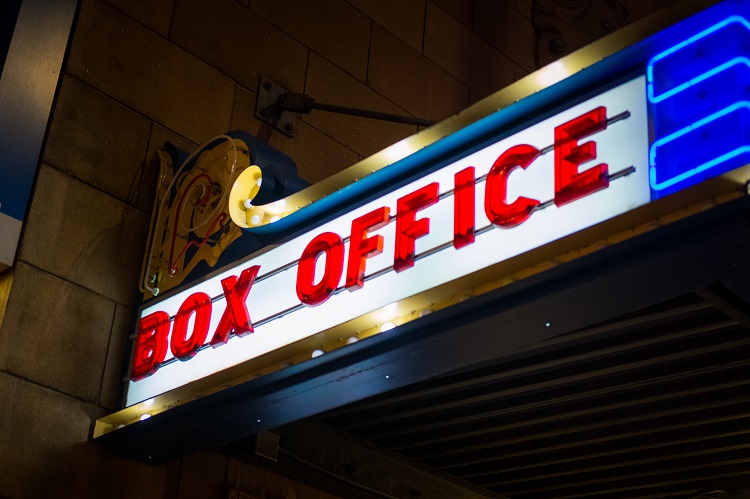A new commercial for Guitar Center caught my attention, because it captured the fundamental force of economics in one sentence. The scene opens with two musicians performing for strangers in the subway and on street corners. One of them says, “you don’t have to be rich to do what you love.” That’s not the line. In fact, it doesn’t even ring true if your hobby is traveling the world in a private yacht. But the statement does have merit—more on that later.
The key line comes next: “At the end of the day, if I walk home with fifty dollar bills in my pocket, that means that fifty different individuals have said ‘I believe in what you’re doing.’”
This street musician may have been thinking that people are simply giving to his cause. Perhaps he believes that society should work this way—people sharing with one another to support something they think is valuable. Indeed, it does! Whether he realizes it or not, his words strike at the heart of capitalism.
An economy is built on the interactive process of creation and exchange. We only gain value by creating it first for others. By dropping a dollar into a “donate” box, passers by are not giving, they are exchanging, just like any other transaction. In doing so, they are acknowledging the value they derived by hearing good live music on their way to and from work, where they themselves will exchange talents for currency.
Treating this situation as a cold “transaction” in exchange for “currency” may seem to debase what has happened. Frankly, it sounds selfish, as if people are motivated merely by money. This takes all of the beauty and inspiration out of the story. However, the difference is merely semantic. The mechanical description of something doesn’t make it more or less moral, so we can use words like “transaction” to describe a type of act, regardless of motivation.
In order to understand behavior, economists describe human actions in this kind of objective language. When speaking to a broad audience, free-market advocates must learn to translate economics jargon into more appealing language.
A dollar bill is more than a Federal Reserve note. A dollar carries meaning because it represents the time, talents and labor a person has sacrificed in service to another person. Before currency, value could only be represented and exchanged through the barter of goods such as cattle, clothing or food. Currency enables us to break down our wealth into more easily tradable pieces.
Imagine if, instead of having one employer that gives you a paycheck, you had to work for 30 different people to exchange for a shirt here, piece of furniture there, and a even a house. Good luck finding someone who has what you want and needs what you have. Money simplifies the process, so we can focus on what we love and have access to the products we need.
Ultimately, this is what the commercial is about. By earning money, the musicians are able to fund their enterprise, and Guitar Center is providing the opportunity that lets them do it. This is what the first speaker meant by “you don’t have to be rich to do what you love.” As long as what you love is something more valuable to others than it is to you, you will be able to fund it by exchange. Sailing in a yacht doesn’t qualify, unless you are taking a tour group. We achieve our dreams by helping others achieve theirs.
There is nothing inherently wrong with money, and there is nothing wrong with exchanging something for it. Engaging in the creation and exchange of goods and services is how we make a better world together.



